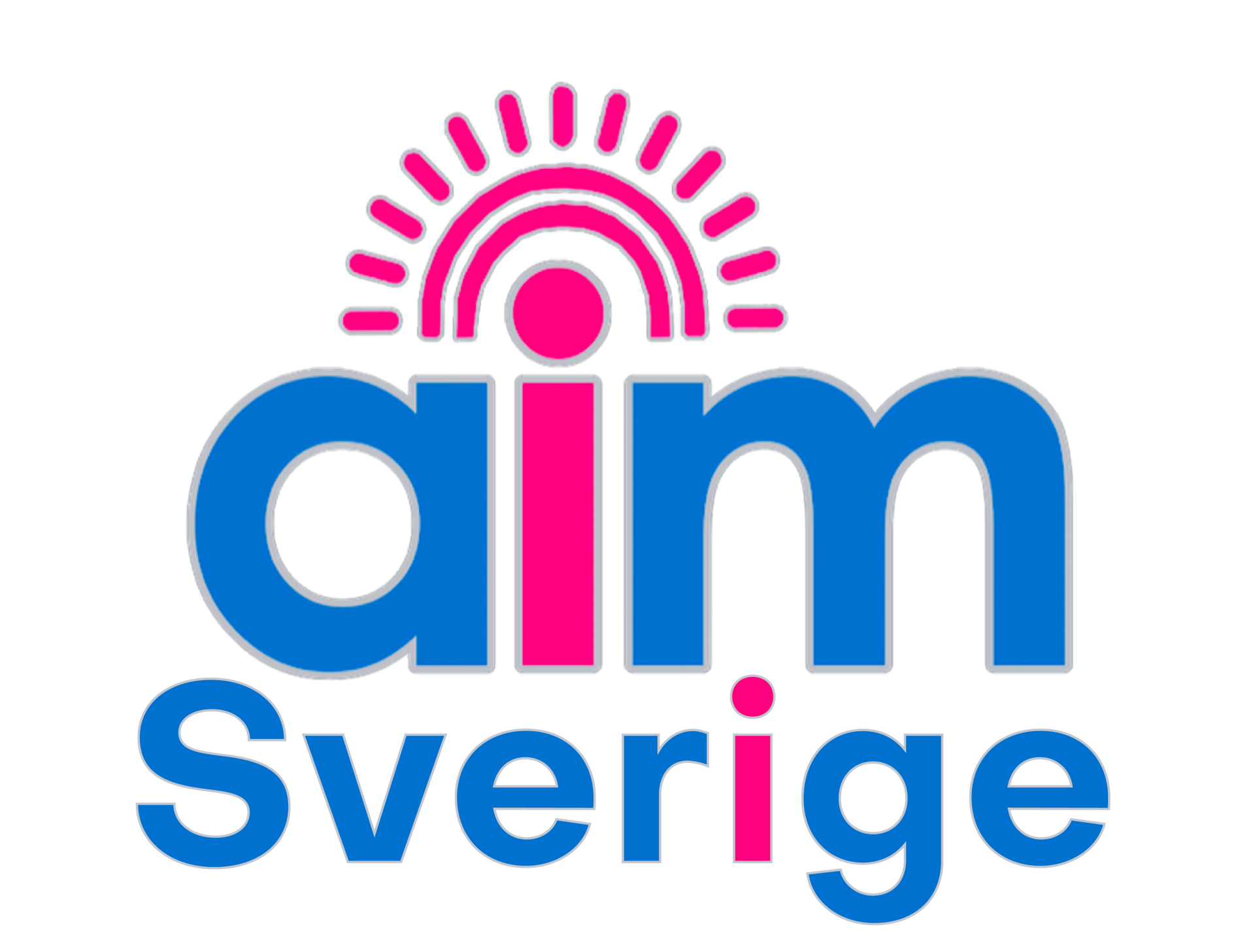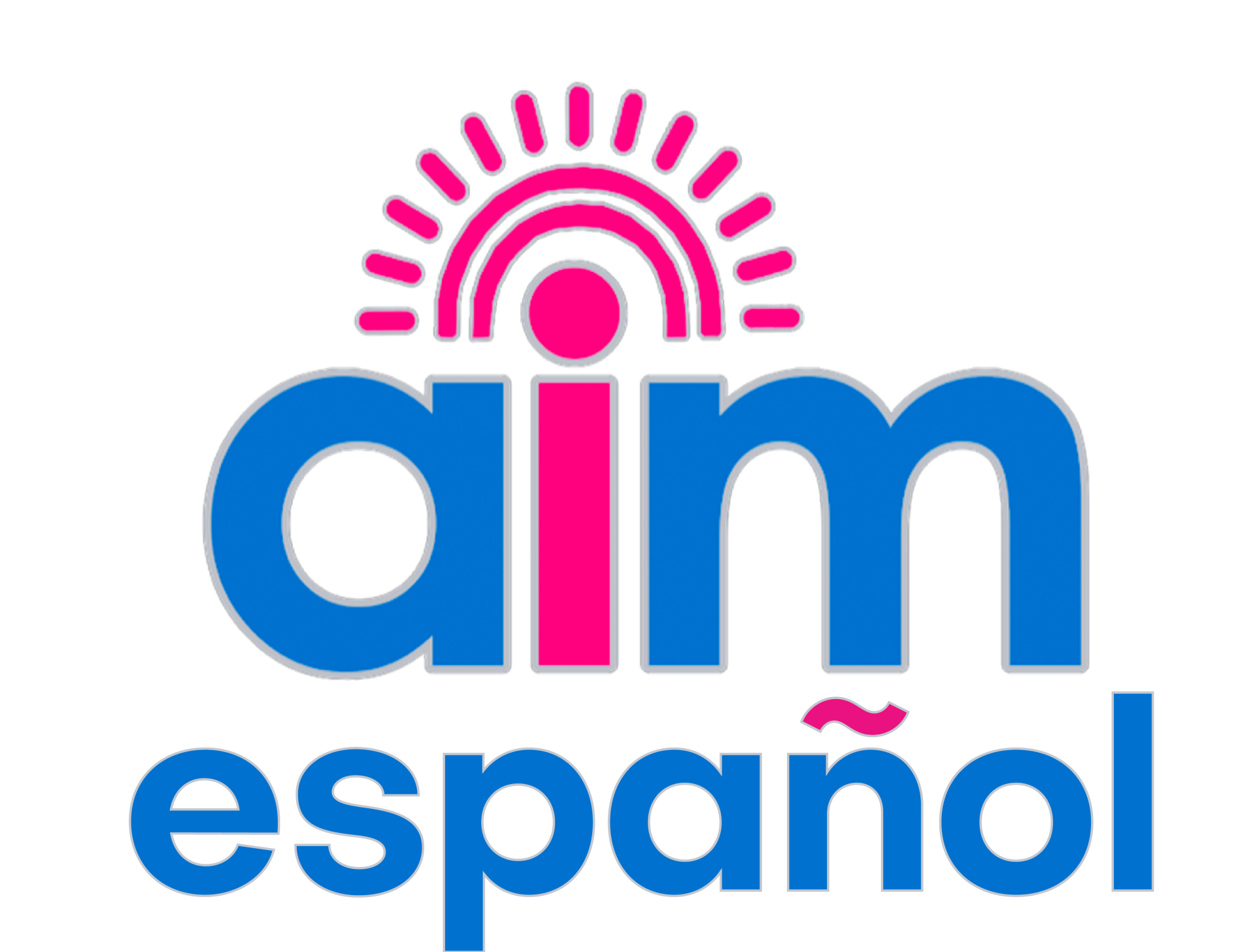Montessori Education: Giving Our Children the Best Chance
Following President Obama’s 2013 State of the Union address, the White House website asked readers to share their responses. It said, “Highlight a passage of the speech that was meaningful to you and tell the President how you’re connected to that issue.” I decided to take them up on their invitation.
to you and tell the President how you’re connected to that issue.” I decided to take them up on their invitation.
Here is the passage of the speech to which I am responding
And that has to start at the earliest possible age. Study after study shows that the sooner a child begins learning, the better he or she does down the road. But today, fewer than 3 in 10 four year-olds are enrolled in a high-quality preschool program. Most middle-class parents can’t afford a few hundred bucks a week for a private preschool. And for poor kids who need help the most, this lack of access to preschool education can shadow them for the rest of their lives. So tonight, I propose working with states to make high-quality preschool available to every single child in America. That’s something we should be able to do.
Dear Mr. President:
You are so right to recognize the profound importance of early childhood education. Indeed, study after study does show that children from birth to five years of age are in the midst of critical developmental windows of opportunity. According to Dr. Maria Montessori, the world-renowned authority on early childhood education, children at this age are experiencing powerful “sensitive periods,” during which they assimilate information naturally and readily. These critical periods should not be missed. “Man must be cultivated from the beginning of life when the great powers of nature are at work. It is then that one can hope to plan for a better international understanding.” (Maria Montessori in her 1947 letter to all governments)
As you know, it is not enough to just provide any program for these children. After all, what would be the benefit in using our money and resources to make “preschool available to every single child in America” if the programs they attend are ineffective? We must take steps to ensure that the programs placed into effect are viable.
To achieve this, why not take advantage of the more than 100 years of research and development that has gone into creating the Montessori Method of teaching?
Before elaborating any system of education, we must therefore create a favorable environment that will encourage the flowering of a child’s natural gifts. All that is needed is to remove the obstacles. And this should be the basis of, and point of departure for, all future education. The first thing to be done, therefore, is to discover the true nature of a child and then assist him in his normal development. (Maria Montessori, The Secret of Childhood, 1966)
In other words, if we’re going to do this, let’s do it right! Why do more of the same, when it is no secret that our current, traditional educational systems are failing. The Montessori Method has irrefutably proven its effectiveness, and Montessori schools needn’t be any more expensive to open or operate than traditional preschools. There is a misconception that Montessori is for the wealthy, but the only thing making this true is that the wisdom of Montessori is not always available in the public sector. However, some parts of our country have embraced the Montessori Method in their public schools with great success. Here are the results of just a few studies that clearly demonstrate the benefits of Montessori schools.
10 Year Study by East Dallas Community Schools*
East Dallas Community Schools operates two inner-city Montessori schools that serve an ethnically and culturally diverse group of primarily low-income families. In over 30 years of using the Montessori approach to education, EDCS has proved that all children, regardless of race or income, can succeed in school when they start young and parents are involved. In a neighborhood in which the high school dropout rate is over 50%, children who attend EDCS have graduated from high school at a rate of 94%, with 88% of those graduates attending college. A ten-year study of standardized test scores found that third grade students’ average scores were in the top 36% nationwide in reading and math. Even though many of these children start school without speaking any English, 100% of the children test as fluent in English by the end of the third grade.
Longitudinal Study of Milwaukee Public Schools
“Outcomes for Students in a Montessori Program: A Longitudinal Study of the Experience in the Milwaukee Public Schools” (Dohrmann, K., AMI/USA May, 2003)
This longitudinal study of Milwaukee high school graduates showed that students who had attended Montessori preschool and elementary programs significantly outperformed a peer control group on math/science scores. “In essence,” the study found, “attending a Montessori program from the approximate ages of three to 11 predicts significantly higher mathematics and science standardized test scores in high school.”
Angeline Lillard’s Study on Montessori Outcomes
“Preschool children’s development in classic Montessori, supplemented Montessori, and conventional programs” (Lillard, A.S., Journal of School Psychology 50:379-401 )
Angeline Lillard examines the impact of Montessori implementation fidelity. Her study found that children in classroom with high fidelity implementation showed significantly greater school- year gains on outcome measures of executive function, reading, math, vocabulary, and social problem-solving, than children in low fidelity or conventional classrooms.
*To access these and more studies supporting the benefits of the Montessori Method, please visit NCMPS at public-montessori.org.
As you said yourself, Mr. President:
Every dollar we invest in high-quality early childhood education can save more than seven dollars later on — by boosting graduation rates, reducing teen pregnancy, even reducing violent crime. In states that make it a priority to educate our youngest children, like Georgia or Oklahoma, studies show students grow up more likely to read and do math at grade level, graduate high school, hold a job, form more stable families of their own. We know this works. So let’s do what works and make sure none of our children start the race of life already behind. Let’s give our kids that chance.
And I agree. Yes, let’s give the new generations the best chance that we can.
The child is the forgotten citizen, and yet, if statesmen and educationalists once came to realize the terrific force that is in childhood for good or for evil, I feel they would give it priority above everything else. All problems of humanity depend on man himself; if man is disregarded in his construction, the problem will never be solved. (Dr. Maria Montessori)
Thank you.
Emily Johnsen






















